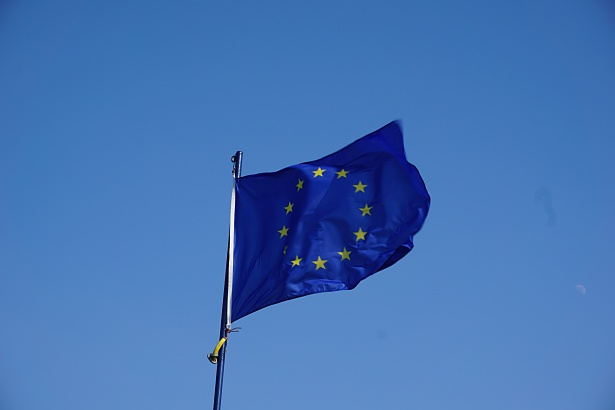(Washington Insider Magazine) -In recent years, governments and companies across the globe have made sweeping commitments to reach eco-friendly goals such as carbon neutrality in coming decades. The EU has declared that it aims to be climate-neutral by 2050 and be an economy with net-zero greenhouse gas emissions.
The EU’s Emissions trading system, which aims to be one of the driving forces behind this goal, means permits must be bought by polluters to emit carbon above certain levels. These permits can be sold by companies who pollute under the agreed amount. This is meant to make greener choices like gas cheaper whilst pushing the cost of coal up.
Recently, however, in many parts of Europe coal has remained cheaper to generate power with, even with the permits factored in.
Some have blamed this imbalance on Russian gas giant Gazprom, which is often part of the Kremlin’s strategic arsenal. They have been using reserves to fill up storage in Russia causing a dip in supply in Europe and a rise in prices. Gazprom’s use of reserves isn’t necessarily a tactical move and could be a result of technical issues or mere coincidence.
The raised cost in green energy is inevitably passed on to customers, many of whom may grow displeased with the link they identify between eco-friendly goals and a higher cost of living. As summer finishes, higher energy prices can affect public mood and consequently voting trends. A populist keen to benefit from the perceived costs of the attempted move away from coal wouldn’t be Europe’s first to ride to power on a wave of climate skepticism.
Such possibilities only fuel the suspicion that Russia’s use of natural resources is a deliberate move to throw a spanner into the works of the EU. Tension has already grown in the bloc over the issue, notably when Poland, Czechia, Hungary and Estonia blocked an initial EU agreement on a carbon neutrality plan. Viktor Orban, who has weakened ties with Europe whilst showing an open mind to Moscow, may be on the cards if Europe can’t work out a way to provide green energy without making this winter too expensive for a populace whose nerves have already been shaken by the coronavirus pandemic.


























